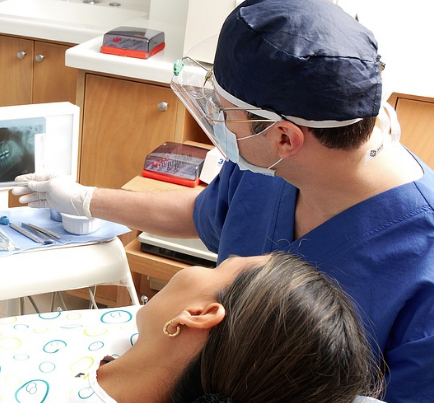There is no single cause of vertigo that spinning dizzy sensation that makes you feel like the world is going topsy-turvy. Vertigo is a symptom of a number of medical problems and affects approximately 20 to 30 percent of the population at some time in their life.
For chronic sufferers, Vertigo is a quality of life issue. The sudden onset of an attack can mean you can get dizzy at the bank while standing in line at the movies or even when driving a car. Understanding the condition and ways to control it will improve life for those dealing with vertigo.
What is Vertigo?
Simply put, vertigo is the perception of motion when you are still. You may feel like you are being pulled in one direction. That sense of perpetual motion can lead to:
- Nausea
- Vomiting
- Headaches
- Sweating
- Ringing in the ears
What Causes It?
It can have a number of causes but the most likely one is an inner ear condition such as BPPV or vestibular neuritis. The inner ear in made up of a bony labyrinth that houses the vestibular system the part of the body the balance of the control. Common inner ear problems include:
BPPV – clumping of calcium in the inner ear
Meniere’s disease – a build-up of fluid in the ear
Labyrinthitis – inner ear infection
Dealing with Vertigo
Diagnosis is the first step in the treatment of vertigo. This dizzy feeling is a symptom of a larger problem. It is important to understand the underlying cause and treat it first, but there are ways to manage vertigo itself.
Rehabilitation Believe it or not, there is a type of physical therapy designed for chronic vertigo suffers. Vestibular rehabilitation therapy is a series of exercises meant to strengthen the vestibular system.
Getting active You should find activities that involve using your eyes while you are in motion. For example:
- Golf
- Bowling
- Tennis
- Ping Pong
If the dizziness is severe, stick to slower games like golf to avoid injuring yourself. Balance exercises are another option. Yoga and Tai Chi improve balance with slow, controlled movements.
Reduce salt intake This is an effective step for those suffering with fluid build up in the ears. Less salt means less water retention. You can add natural diuretics to your diet, as well, such as grapes, green beans or asparagus.
Natural treatments like DiVertigo help control vertigo when you get an attack. DiVertigo is a concentrated herbal formula you apply behind the ear. The natural ingredients help calm the dizziness, so you can function.
Vertigo is a potentially disabling problem, so finding the right treatment plan is a critical step. Talk to your doctor first and then let DiVertigo help improve your quality of life.




